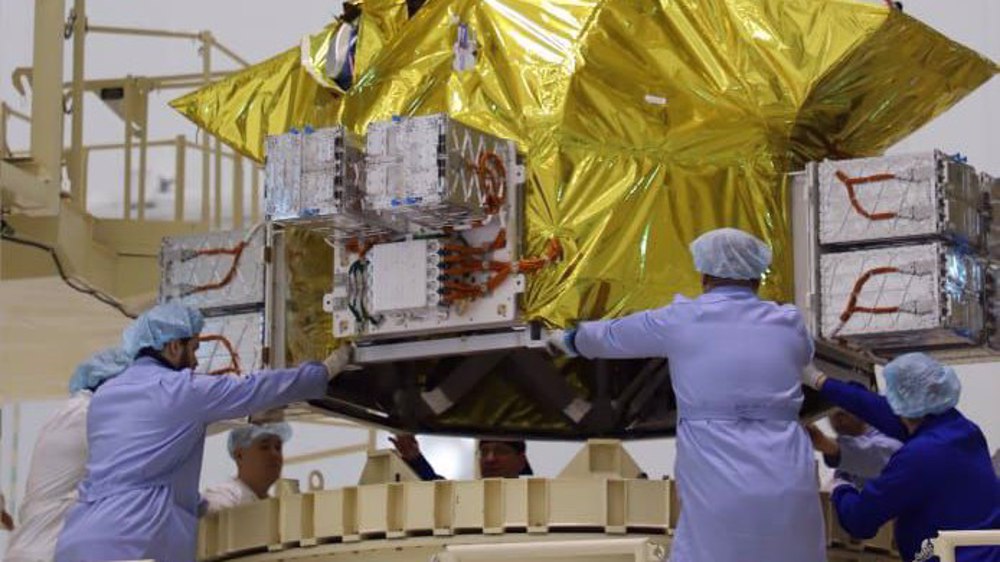US House passes new sanctions on Iran’s ballistic missile program
The US House of Representatives in Congress has voted overwhelmingly to impose new sanctions against Iran's ballistic missile program, a move that could undermine the international nuclear agreement with Tehran.
The "Iran Ballistic Missiles and International Sanctions Enforcement Act" was passed on Thursday in the lower chamber of Congress with 423 votes in favor and two against.
To become law, the bill would have to pass the US Senate and be signed into law by President Donald Trump.
The measure, sponsored by Congressmen Eliot Engel and Ed Royce, requires the Trump administration to impose sanctions on companies and individuals inside and outside of Iran that provide assistance to the country’s ballistic missile program.
In July, the US Treasury Department announced economic sanctions against 18 Iranian individuals, groups and networks over the Islamic Republic’s ballistic missile program.
Washington claims Iran’s missile program is in breach of United Nations Security Council Resolution 2231, which endorsed Tehran’s nuclear deal with the P5+1 states in 2015.
However, Tehran insists its missile tests do not breach any UN resolutions because they are solely for defense purposes and not designed to carry nuclear warheads.
The new bill comes nearly two weeks after Trump refused to formally certify that Iran is complying with its nuclear agreement, known as the Joint Comprehensive Plan of Action (JCPOA, and warned that he might ultimately terminate the deal.
The president is required by US law to certify every 90 days whether or not Iran is complying with the nuclear deal. He has certified the deal twice since coming to office.
If Trump declines to certify Iran’s compliance, US congressional leaders would have 60 days to decide whether to reimpose sanctions on Tehran suspended under the agreement.
Whether Congress would be willing to reimpose sanctions is not clear. While most Republicans, and some Democrats, opposed the deal when it was approved in 2015, there is little apparent desire in Congress for dealing with the issue now.
VIDEO | Press TV's news headlines
Iranian satellites launched into space as private sector debuts in space industry
VIDEO | Iran, Azerbaijan conduct joint maritime rescue operations
VIDEO | Yemen’s Red Sea divide: Naval forces block Israeli-linked ships in strategic ‘parting of the water’
VIDEO | Southern Gaza: Israel’s facade for famine and suffering
VIDEO | IOF hampering humanitarian aid
VIDEO | Sharmahd: Justice Done
Iran repeatedly warned Israel not to test its will: FM
















 This makes it easy to access the Press TV website
This makes it easy to access the Press TV website